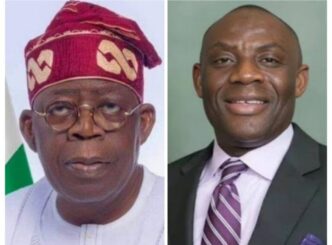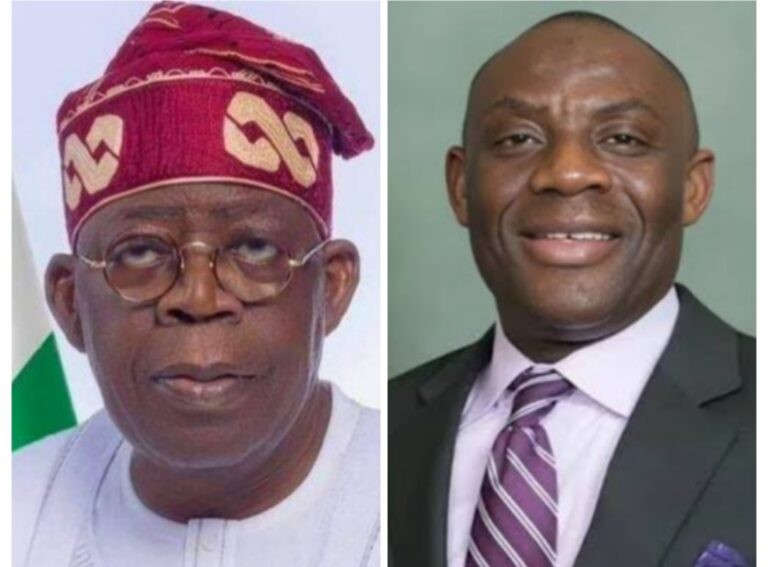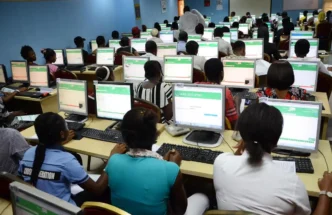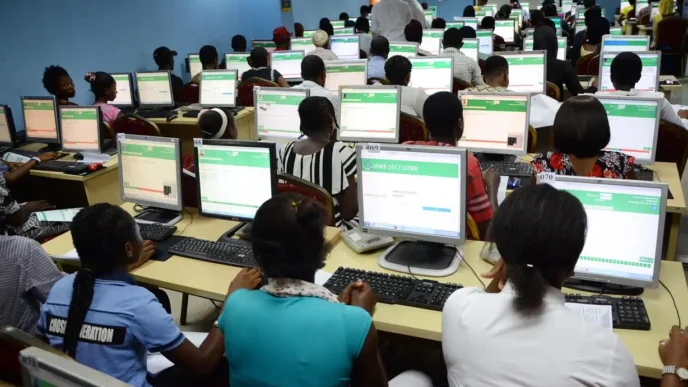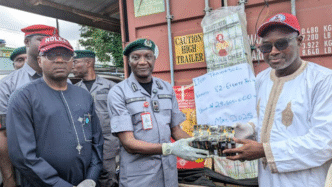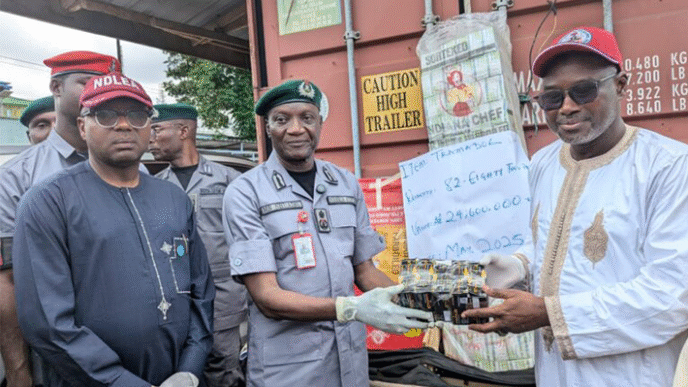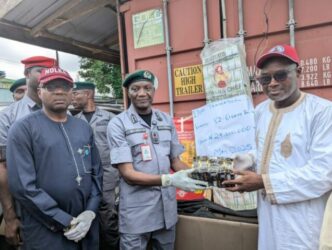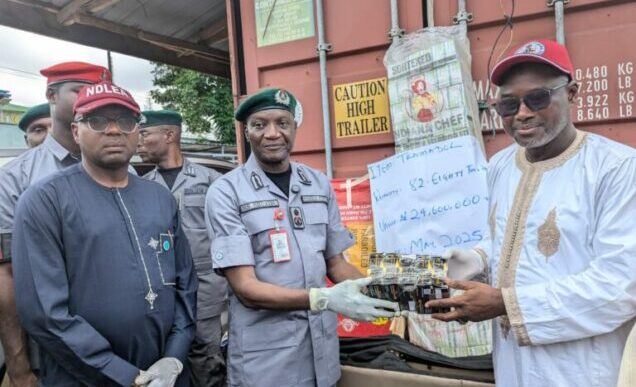In a time when many Nigerians are struggling with economic hardship and political frustration, one government official is quietly but decisively changing the narrative in a crucial sector: education.
Dr. Tunji Alausa, Minister of Education, is proving that leadership can still mean action, not just words. Since his redeployment from the Ministry of Health in October 2024, Alausa has launched a wave of reforms that aim to revive Nigeria’s battered education system — starting from the roots: basic education.
In many communities across the country, children still learn under trees or in crumbling classrooms, with few materials and overwhelmed teachers.
Alausa is tackling these long-standing issues head-on. He’s encouraging state governments to access billions of Naira available through the Universal Basic Education Fund (UBEF), which could transform primary and junior secondary schools nationwide. But he’s not stopping there.
One of his boldest moves so far is a recent partnership with the Rural Electrification Agency (REA). Through this new deal, signed on May 7, 2025, the Ministry will bring clean, stable electricity to universities and teaching hospitals using mini-grid systems.
This means students and lecturers at institutions like UNILAG, ABU Zaria, and UNN will soon study and teach in better, brighter environments.
Dr. Alausa has also taken a stand on school safety by launching Nigeria’s first-ever National Anti-Bullying Policy. For too long, bullying has been a silent epidemic in schools, with heartbreaking cases like that of Sylvester Oromoni — a student who died after being assaulted by peers.
Alausa’s new policy is designed to make schools safer and more inclusive for every child, saying in effect: “No more silence. Not on my watch.”
Perhaps one of the most talked-about decisions was his discontinuation of the long-standing Bilateral Education Agreement (BEA) scholarship programme, which sent students to study abroad.
According to Alausa, “Every course Nigerians travel abroad to study is now available — and often of higher quality — within our own universities.” His message is clear: let’s stop exporting our brightest minds and start building up our local institutions.
In a country facing a massive shortage of medical professionals, Alausa is also overseeing the rehabilitation of 18 medical schools as part of the TETFund High Impact Intervention Project. His approach? Train more doctors at home, and ensure that hospitals and schools work better — together.
All of these projects fall under the Ministry’s larger plan called the Nigerian Education Sector-Wide Renewal Initiative (NESRI). NESRI focuses on five pillars: Science, Technology, Engineering, Mathematics, and Medical Sciences (STEMM); digital learning; improved infrastructure; teacher development; and safety.
Dr. Alausa may not be the loudest voice in government, but his actions are speaking volumes. He’s bringing real, measurable change to classrooms and campuses across Nigeria — and for the children of this nation, that’s a reason to hope.
Because when a child learns in a safe school, taught by a motivated teacher, powered by electricity, and guided by purpose, they don’t just learn — they thrive.
By Oluwafemi Popoola
